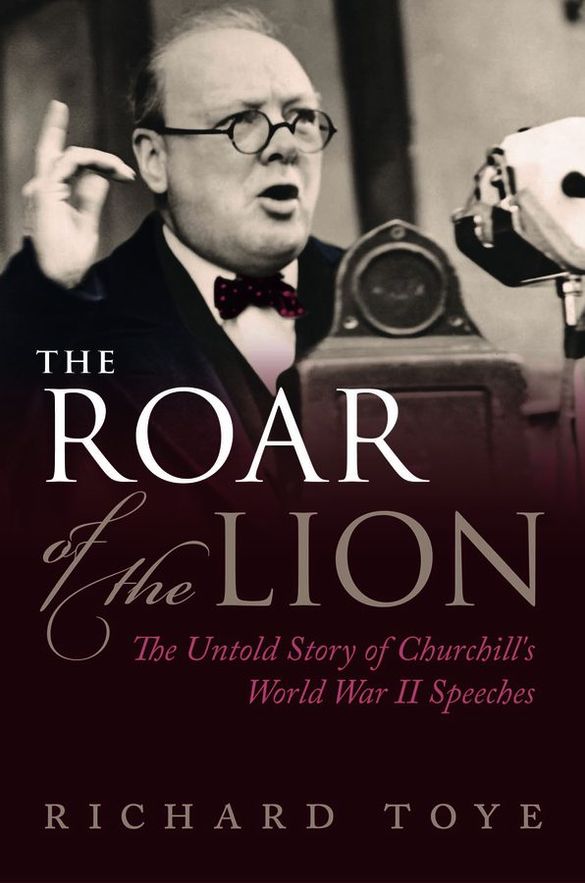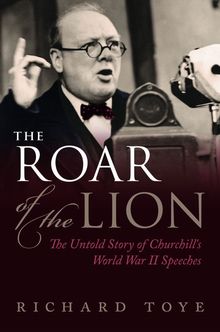 03 Feb 2015
03 Feb 2015

The full story of Winston Churchill's classic speeches - now told for the first time
Overturns the national myth of how Churchill's oratory inspired Britain to victory over Nazi Germany, telling the more intriguing story of how his speeches were really received both at home and around the world
A book that will permanently change the way we think about Churchill's legendary speech-making
A must-have for anyone with an interest in Churchill or the history of World War II
My aunt, listening to the Prime Minister's speech, remarked of "our greatest orator", "He's no speaker, is he?”
- Diary of teacher M.A. Pratt, 11th November 1942
The popular story of Churchill's war-time rhetoric is a simple one: the British people were energized and inspired by his speeches, which were almost universally admired and played an important role in the ultimate victory over Nazi Germany. Richard Toye now re-examines this accepted national story - and gives it a radical new spin.
Using survey evidence and the diaries of ordinary people, he shows how reactions to Churchill's speeches at the time were often very different from what we have always been led to expect. His first speeches as Prime Minister in the dark days of 1940 were by no means universally acclaimed - indeed, many people thought that he was drunk during his famous 'finest hour' broadcast - and there is little evidence that they made a decisive difference to the British people's will to fight on.
As Toye shows, mass enthusiasm sat side-by-side with considerable criticism and dissent from ordinary people. Yes, there were speeches that stimulated, invigorated, and excited many. But there were also speeches which caused depression and disappointment in many others, and which sometimes led to workplace or family arguments. This is the essential book on Churchill's war-time speeches. It presents us with a dramatically new take on the politics of the 1940s - one that will change the way we think about Churchill's oratory forever.
Ends
Press Contact:
To request a review copy of this title please contact Katie Stileman
(E: Katherine.Stileman@oup.com, T: 01865 353344)

